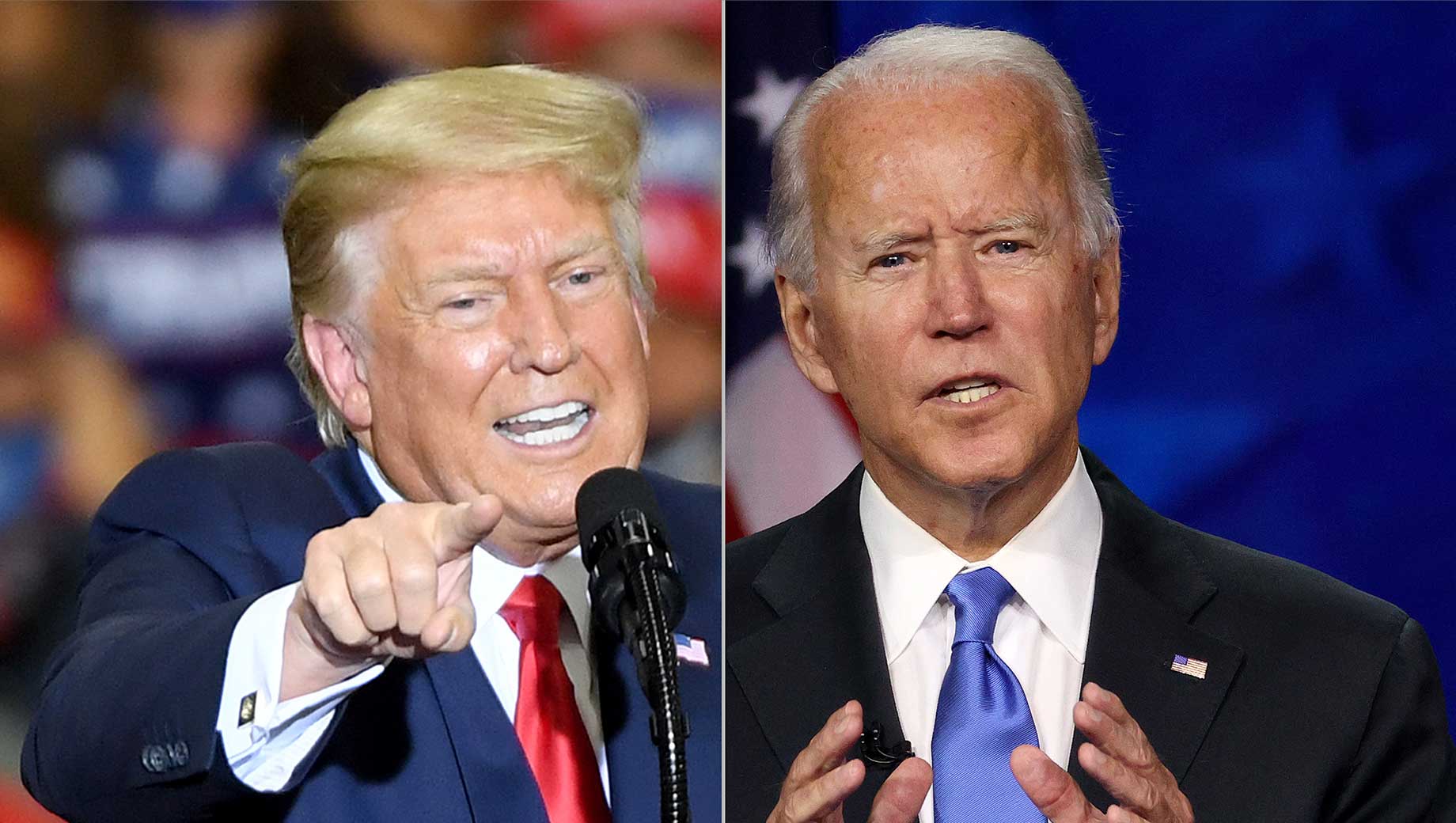Recently, the US Supreme Court definitively approved Donald Trump's eligibility for the upcoming 2024 presidential election on November 5. Bookmakers currently favor Trump in the election race. Political analyst Petro Oleschuk discussed potential influencers and factors determining the election outcome on Apostrophe TV.
The recent Supreme Court ruling conclusively settled the debate over Trump's potential exclusion from the election under the riot amendment, challenged by his adversaries. With legal barriers removed, Trump is now free to partake in the upcoming elections. It's worth noting that even if Colorado opts not to include Trump on its ballot, it holds no substantive impact on the overall election process.
In the broader context of US political dynamics, only a select few states significantly sway the final election outcome. Beyond traditional Democratic and Republican strongholds, states like Nevada, Georgia, Arizona, Pennsylvania, Michigan, and Wisconsin hold pivotal roles in shaping election results. These states operate under a winner-takes-all electoral system, where even a slim majority of 51 percent grants the victor all of the state's electoral votes.
The states questioning Trump's eligibility to run are predominantly Democratic. Consequently, his presence on their ballots is deemed inconsequential. These efforts aimed to set a precedent for challenging Trump's overall election participation, but proved unsuccessful.
Regarding the Republican primaries, it іs evident that Trump is poised to secure victory on Super Tuesday across 15 states.
Trump falls within the category of politicians with highly disciplined core supporters, ensuring success in the primaries. His recent surge in ratings underscores this trend. However, challenges lie ahead, particularly in the universal battle for voter mobilization and combating anti-ratings. A united electoral base is essential, but garnering support from undecided and doubtful voters is equally crucial in any presidential election, both in the USA and globally.
Consider voters currently aligned with Nikky Haley. When polled about their preference between Trump and Biden, many hesitate to respond. Some even indicate they may abstain from voting altogether. These individuals form a segment of Republican voters, and their potential disengagement could influence resultssignificantly. Hence, Trump faces the challenge of mobilizing this faction within the GOP, currently at odds with his candidacy.
Another potential influencing factor is the participation of third-party candidates in the elections. Legally, there are no barriers preventing other candidates from entering the race. Robert Kennedy, Jr. has already declared his candidacy as an independent, despite his Democratic affiliation. His presence on the ballot, particularly in certain states, could resonate with Trump-aligned voters. Kennedy's unique political stance poses a specific niche challenge and a potentially impactful spoiler, particularly for Trump rather than Biden.
If Nikki Haley chooses to enter the race as an independent candidate, as she has been encouraged to do on numerous occasions, it will unquestionably affect the outcome.
So we have a fairly complex configuration making predictions challenging. It іs an absolute certainty that Trump must address the challenge of expanding his electorate.
Currently, Biden appears poised for a strong Democratic win, while Trump leads among Republicans, setting the stage for their head-to-head competition. However, in a theoretical scenario, Biden's last-minute withdrawal could trigger an intriguing process where the Democratic Party determines a new candidate. While this remains speculative, the months ahead may transform this fantasy into reality, making predictions challenging.
In considering an alternative to Biden, figures like Michelle Obama have been suggested due to her widespread popularity. However, the Democratic Party, with its array of renowned congressmen and governors, has ample potential candidates. In theory, nominating Obama could lead to a decisive victory over Trump, whose support is fueled in part by desperation. Trump's polarizing nature, high anti-ratings, and rejection, particularly among racial and ethnic minorities, along with his anti-immigrant rhetoric, could render him vulnerable in a hypothetical matchup.
I am firmly convinced that any Democratic politician, barring Biden, would secure victory over Trump.


